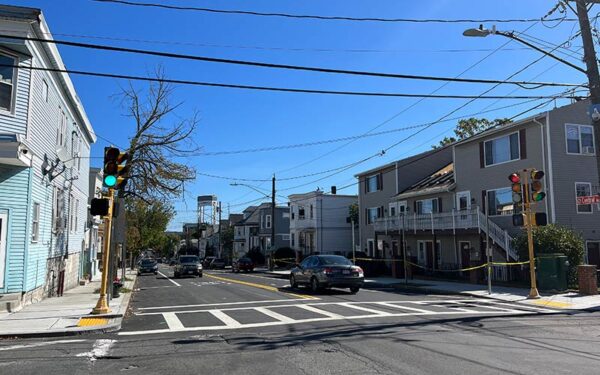
A country’s tax policy is about a lot more than expenses and revenues. It’s a value statement about who we are as a nation. And as both houses of Congress go through the process of reconciling their tax bills, the statement being made is disturbingly clear.
This bill says we value dirty, outdated fossil fuels over the health of our environment and economy.
The United States is responsible for more carbon pollution than any other nation on the planet – a reality unlikely to be helped by President Trump’s withdrawal from the Paris Climate Agreement. While we continue subsidizing dirty fossil fuels, countries like Denmark, Portugal, Spain, and Ireland are dominating the renewable energy market and benefitting from the millions of good-paying construction and engineering jobs that come with it.
Instead of helping the U.S. get a better foothold in this lucrative market, both versions of this bill dramatically lower the tax credits available for solar and wind development projects. In many cases, this will entirely eliminate any tax incentive for large corporations to invest in new renewable energy projects.
As for the projects already pending, Bloomberg New Energy Finance estimates that the tax bill could kill as many as half. That’s a $50 billion American industry decimated in a single day. New England alone has 35,000 jobs in wind and solar, and that figure has been growing rapidly in recent years. Any legislator who supports this bill had better be prepared for a few thousand phone calls about jobs that vanish overnight.
Meanwhile, the Senate version of the bill opens 1.5 million acres of protected land in Alaska’s Arctic National Wildlife Refuge to oil drilling. That’s an area larger than Rhode Island – all for short-term profits meant to offset the debt that will be racked up by this fiscally irresponsible tax plan. If our public servants are okay with voting to obliterate clean energy while giving away a state-sized gift of public land to the fossil fuel industry, they’re probably in the wrong line of work.
This bill says innovation and entrepreneurship should take a back seat.
Almost 30 percent of our nation’s carbon pollution comes from the transportation sector, an area of constant invention and innovation on par with some of the greatest developments of the 20th century. Imagine if Thomas Edison had come to us with a light bulb and our response had been to double our investment in candles. It sounds absurd, but that is exactly what Congress is doing when it comes to electric vehicles.
In 2016, more than 159,000 plug-in electric vehicles were sold by Tesla, GM, Ford, and Nissan, and so far in 2017 that figure is up by over 30 percent. This boom is largely credited to incentives that grant manufacturers a tax credit for their first 200,000 electric vehicles – a credit that is altogether eliminated by the House version of this bill. On its current trajectory, plug-in electric vehicle sales in the United States are projected to reach 10 million annually by 2035. But if the House of Representatives has its way, the reality will be nowhere close – and our innovation economy and environment will suffer.
This bill says the most vulnerable among us should be cast aside rather than provided job and housing opportunities.
Both versions of the tax bill include language that lowers the corporate tax rate and dramatically increases the risks associated with investments in affordable housing. Likewise, the House version of the bill eliminates the investment mechanism used to fund many low-income housing projects. This provision alone could raise the interest rates associated with financing these projects by as much as 75 percent.
By changing the math for affordable housing, Congress is effectively punishing those corporations looking to invest in the people and communities they serve. Here in New England, this could mean 14,000 fewer low-income homes being built over the next ten years, leading to a loss of over 15,000 jobs.
But these values are not New England’s values.
New Englanders know that renewable energy is our future. We see the untapped job opportunities in designing, constructing, and operating the next generation of wind and solar power. We embrace the new era in cleaner, safer transportation. And we understand that to move forward and prosper as a society, we cannot leave any person or community behind.
The clock is ticking, but time has not yet run out. Call your Senators and Representatives and tell them to vote “no” next time this bill comes to the floor. Our jobs depend on it, but fortunately, so do theirs.
Chris Stix conducted research for this post.



